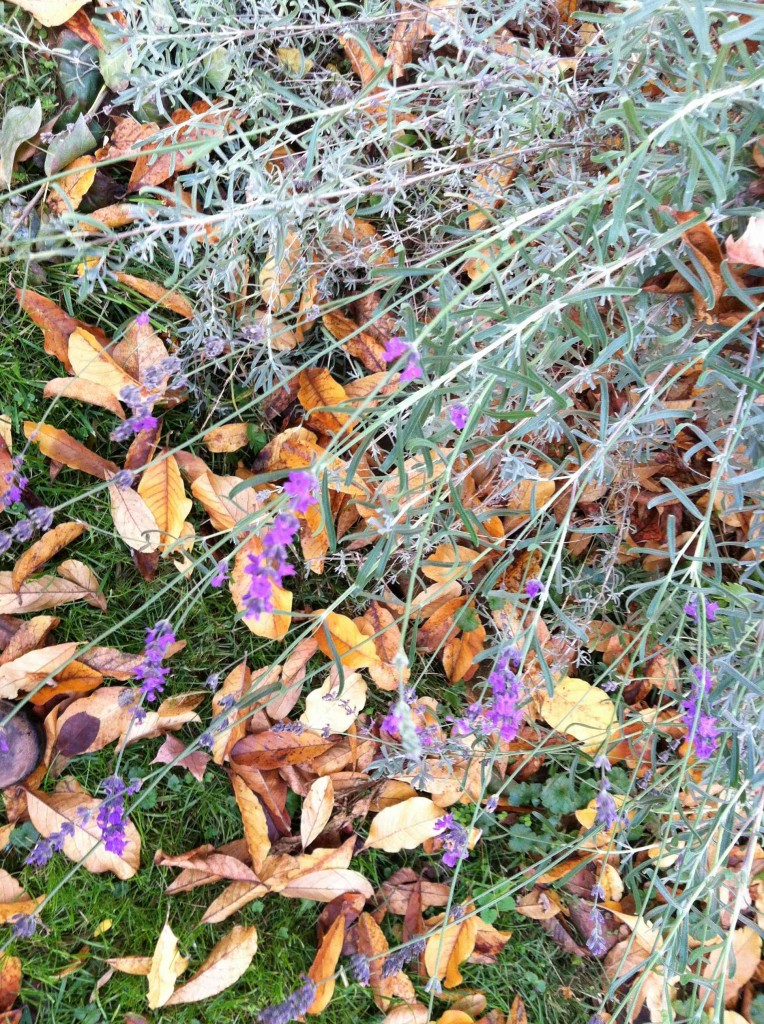 A few weekends ago, my wife and I had an argument. The fight started about something insignificant but soon became a disagreement about everything we’ve ever disagreed about. We quarreled until we were exhausted then we went to bed without making up. The resentment smoldered all week, sometimes breaking out in a hard word or look or gesture. Then on Friday afternoon, I heard about the school shooting. I thought of our grand daughter who just started kindergarten this fall. I tried to imagine the horror that the families must be going through and perhaps selfishly, I thought how horrible it would be to be in the middle of a domestic squabble if something like that happened to our family. I emailed my wife an apology, hoped we could make up and be friends again. It sounds like a laughably small gesture but it was more than I’d done all week. Without a tragic event to bring me back to my senses, our petty little squabble might have dragged on and on.
A few weekends ago, my wife and I had an argument. The fight started about something insignificant but soon became a disagreement about everything we’ve ever disagreed about. We quarreled until we were exhausted then we went to bed without making up. The resentment smoldered all week, sometimes breaking out in a hard word or look or gesture. Then on Friday afternoon, I heard about the school shooting. I thought of our grand daughter who just started kindergarten this fall. I tried to imagine the horror that the families must be going through and perhaps selfishly, I thought how horrible it would be to be in the middle of a domestic squabble if something like that happened to our family. I emailed my wife an apology, hoped we could make up and be friends again. It sounds like a laughably small gesture but it was more than I’d done all week. Without a tragic event to bring me back to my senses, our petty little squabble might have dragged on and on.
Must we wait for the worst before before we act our best?
I work in a school and we practice lockdown drills regularly just as we prepare for fires or severe weather. We shepherd students into windowless rooms, shut off the lights, pretend an intruder is stalking the halls intending to do harm. So from time to time, I am prompted to imagine that unimaginable situation. We prepare to be courageous by doing small things, like locking doors and turning the ringers off on our phones; nothing grand and heroic like jumping in front of a bullet. We have to schedule these drills though because it might not occur to us to prepare otherwise.
Must we wait for the worst before before we act our best?
When I was a child in Sunday School, I remember one morning when the quiet was torn open by a siren screaming down the street by the church. It was far more exciting than whatever the lesson was. As the teacher lured us away from the window and tried to collect our attention, she noted in passing that whenever she hears a siren, she says a prayer because a siren means someone is in trouble or in need. I have remembered that idea to this day. Whenever I hear a siren, I say a prayer.
Must we wait for the worst before before we act our best?
Meditation, time spent in quiet devotion and reflection, gives me the breathing space to notice some of the choices I make. I can notice, for instance, that I’m holding a muscle tense or that a persistent worry keeps bobbing up just beneath the surface of my consciousness. They’re hardly sirens, but they are realizations. When I am aware of my choices, sometimes I’m able to make better ones, to relax that muscle or to let God take care of that worry. Sometimes God suggests I take care of those worries myself, that I view matters differently, that I take better actions when I have the chance.
There were no sirens to alert us when we could have intervened in that young man’s life. It’s hard to notice another’s pain when we’re distracted by the ten thousand scattered things that plead for our attention. It might not have taken an heroic sacrifice to change this outcome, but maybe instead something that anyone could have done: a sincere greeting, a human connection, a referral for professional care, a stubborn insistence that something is wrong in this boy’s life, that something needs to be addressed. The difficulty might not have been in performing the action, rather just in knowing something needed to be done.
When we meditate, we turn a focus on our self and what we need to do to take care of ourselves. Perhaps, by extension, we can bring that attention to our larger world, to help us realize what needs to be done, when a fellow human near us needs comfort and be ready to act.






